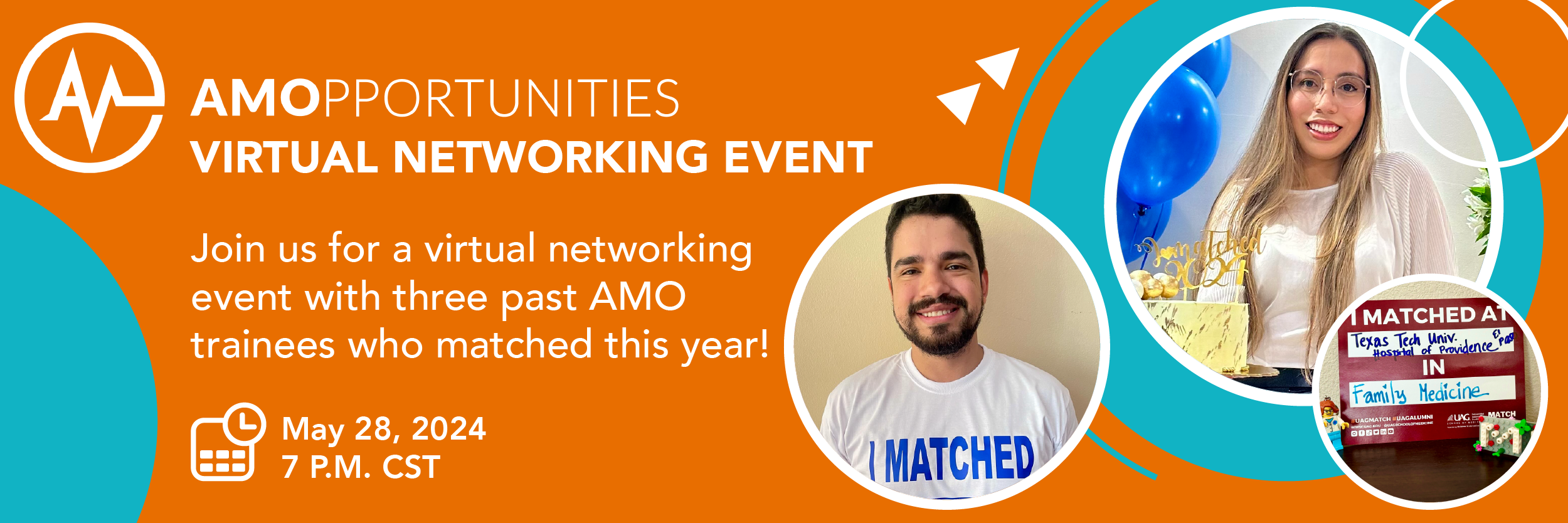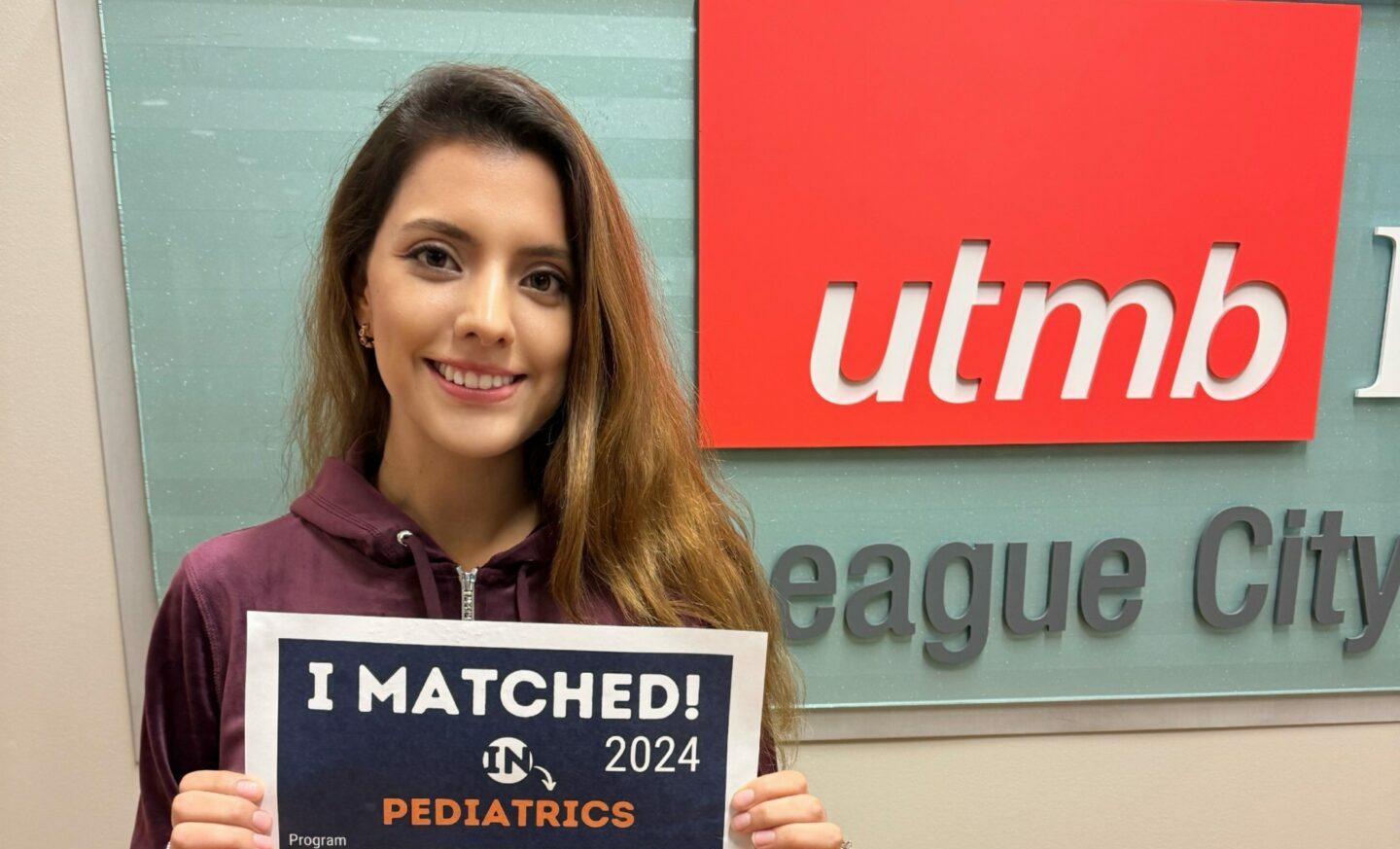If you are participating in the 2021 Main Residency Match, congrats! You’ve uploaded your application through ERAS and are now one step closer to your post-graduate medical education. The only things standing between you and Match Day are residency interviews and rank order lists.
As a medical graduate, you are not a stranger to interviews. In fact, you probably are pretty good with them, as you did get into medical school! While residency interviews are usually not so different than medical school interviews, this year, they are. Safety measures put in place by COVID-19 mean this year’s interviews will be online Some individuals may prefer virtual interviews, as it means they will save time and money. Others may feel constrained by the limits of online interactions.
In this post, we explore the benefits and drawbacks of virtual residency interviews provide an outline of how to best prepare for interviews of this format. We hope that this information below can help you nail the interview and secure a seat in the residency program of your choice!
The Pros of Virtual Interviews
Virtual interviews can are both convenient and affordable. According to the American Medical Association, the average medical graduate spends at least $800 on transportation, lodging, food, clothing, and other expenses for a single medical residency interview. Because many medical students and graduates applying to residency will attend multiple interviews, the price tag for interviews can soar into the thousands. Virtual interviews mean applicants don’t have to travel, eliminating the need for airline tickets, hotel reservations, and meals out.
In addition to saving money, virtual interviews are less of a time commitment. Individuals no longer need to travel across the country or internationally to argue their candidacy—all they need to do is log on. This can be convenient for or those who are still in medical school or working. It is also a plus for applicants who identify as international medical graduates.
The Cons of Virtual Interviews
Although society has become dependent on technology for many things, in-person social engagement is still the most meaningful. Virtual interviews can set limits on social interactions, making it difficult for participants to read one another and connect. In-person interviews allow for more engagement—handshakes, a pat on the back. Social cues, like those mentioned, can change the dynamic of the conversation and create stronger relationships. Without these things, it can easy for interviews to fall flat.
In addition, virtual interviews can be constricting. In-person residency interviews can lead to guided tours, additional small-group interviews, social hours, and even dinners. Connecting with other applicants and administration in laid-back settings can allow applicants to present themselves in a more authentic way. Without these supplemental social gatherings, applicants have to rely on their interview alone to get them into a residency program.
Preparing for Interviews
Want to overcome the handicaps of virtual residency interviews? The best way to do so is to prepare! Here are some tips that’ll lead to success!
-
-
Focus on the Details
-
You will want to compile a list of information regarding the interview. This will help you to tailor your responses and expectations for the interview. Find out who is interviewing you, how many individuals will be present, what type of interview structure will be followed, and how long it will be. Knowing these details in advance limits the number of surprises that can arise during the interview process.
-
-
Do a Mock Interview
-
Practice answering interview questions and record yourself. Consider recruiting a friend or family member to help out. Following this mock interview, review the recording and ask for feedback. The recording and feedback can be useful in presenting strengths and weaknesses, both items that should direct future preparation.
-
-
Test Out Your Technology
-
Before the interview, make sure you are comfortable with the device you are using. Test your microphone and speakers. Check your camera to make sure there is enough lighting in the room where you are interviewing. Finally, make sure your internet connection is strong. Consider providing your phone number and email to those interviewing at the beginning. This way, they can contact you if technology issues do arise.
-
-
Prioritize Personality
-
To overcome the absence of physical interactions, be conversational. Ask interviewers how they are and making small talk when appropriate; doing so can help the administration to envision what working with you daily might be like. In addition, make it a point to maintain eye contact. Looking directly at your computer or laptop camera can help those interviewing you to feel more connected.
-
-
Schedule Interviews Thoughtfully
-
Because you don’t have to travel for your interview, you may be tempted to schedule multiple interviews in a week or even a day. Cramming too many interviews at once may lead to burnout and affect your ability to answer questions with enthusiasm and interest. Stick to one or two interviews a week and prepare for each one with care.
Are there any virtual interview tips we forgot to include?
If so, comment them below!







Leave A Comment